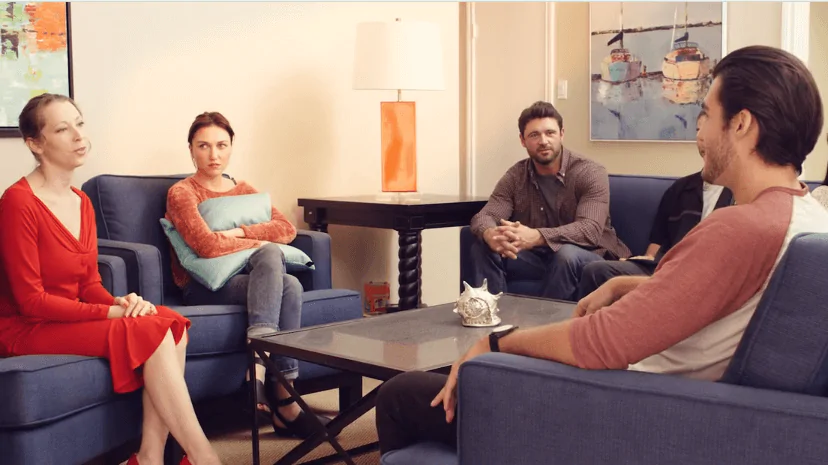24/7 Helpline:
(866) 899-221924/7 Helpline:
(866) 899-2219
Learn more about OCD Treatment centers in Mecosta County

Other Insurance Options

Amerigroup

Self-pay options

Holman Group

Premera

Humana

Aetna

MHNNet Behavioral Health

Horizon Healthcare Service
Beacon

Coventry Health Care

UMR

Oxford

American Behavioral

Evernorth

MVP Healthcare

Highmark

WellPoint

Group Health Incorporated

Magellan Health

Sliding scale payment assistance

Ten16 Recovery Network
Ten16 Recovery Network has a proud history of providing services to people impacted by substance use...

Community Mental Health Services
Community Mental Health Services is a public rehab located in Big Rapids, Michigan. Community Mental...

Nova Counseling Associates
Nova Counseling Associates is a private rehab located in Big Rapids, Michigan. Nova Counseling Assoc...





























































































































